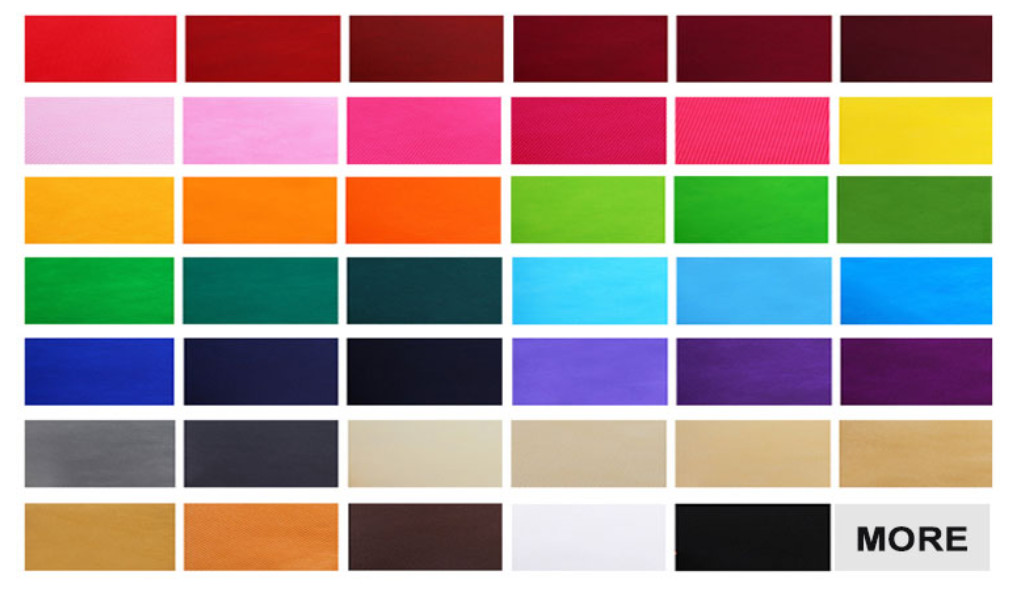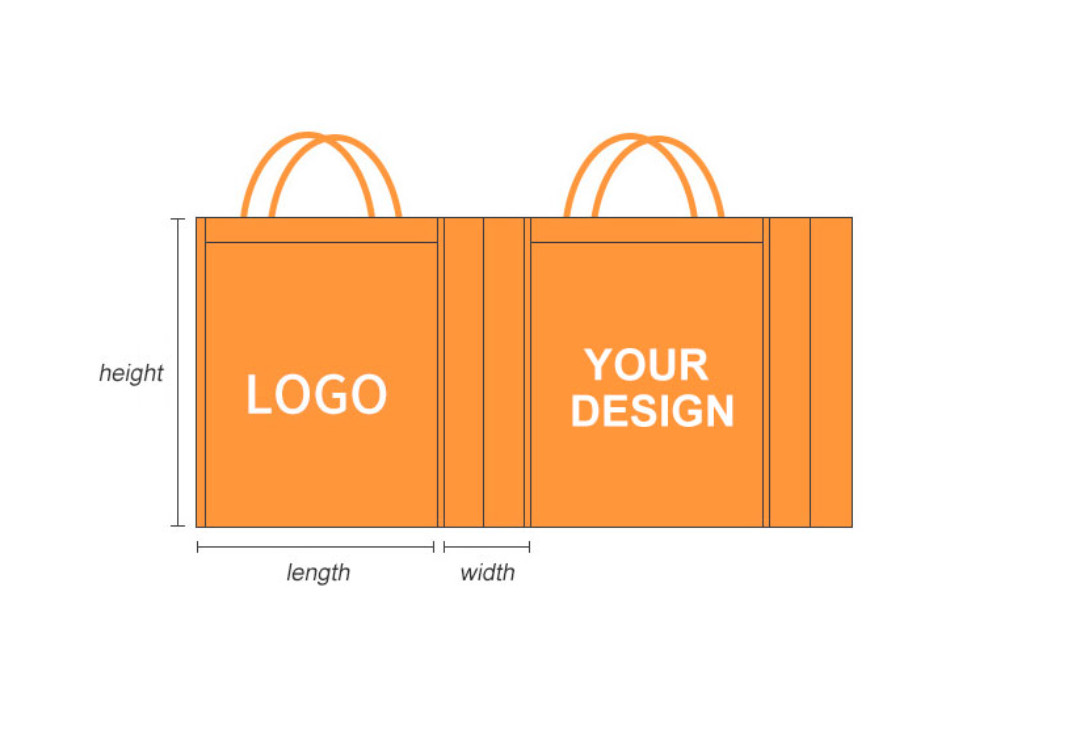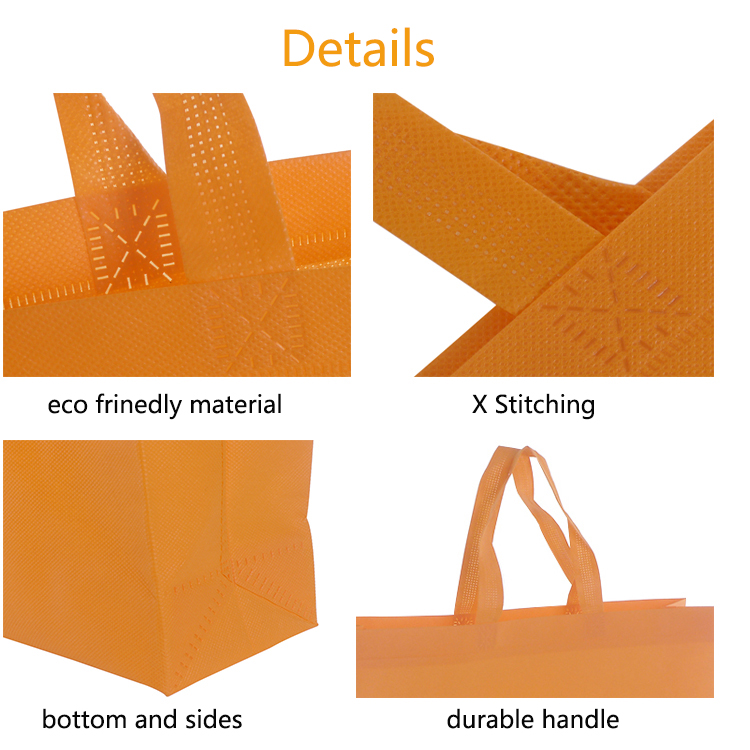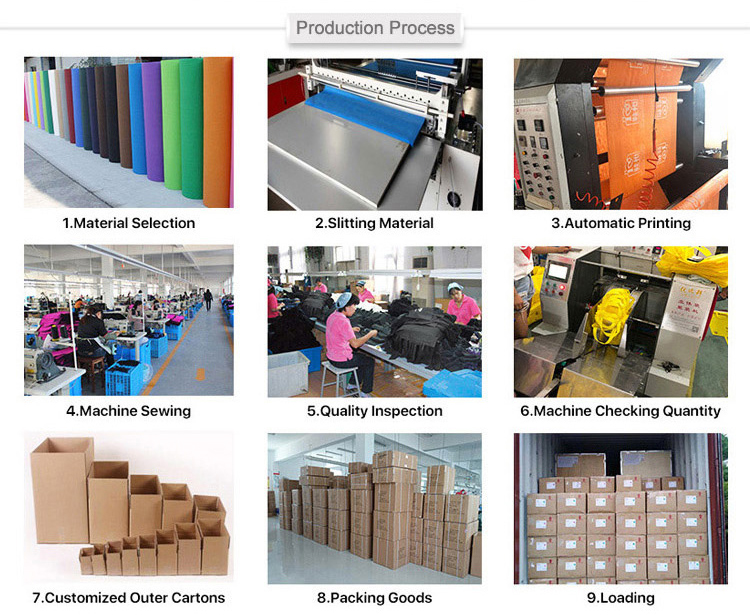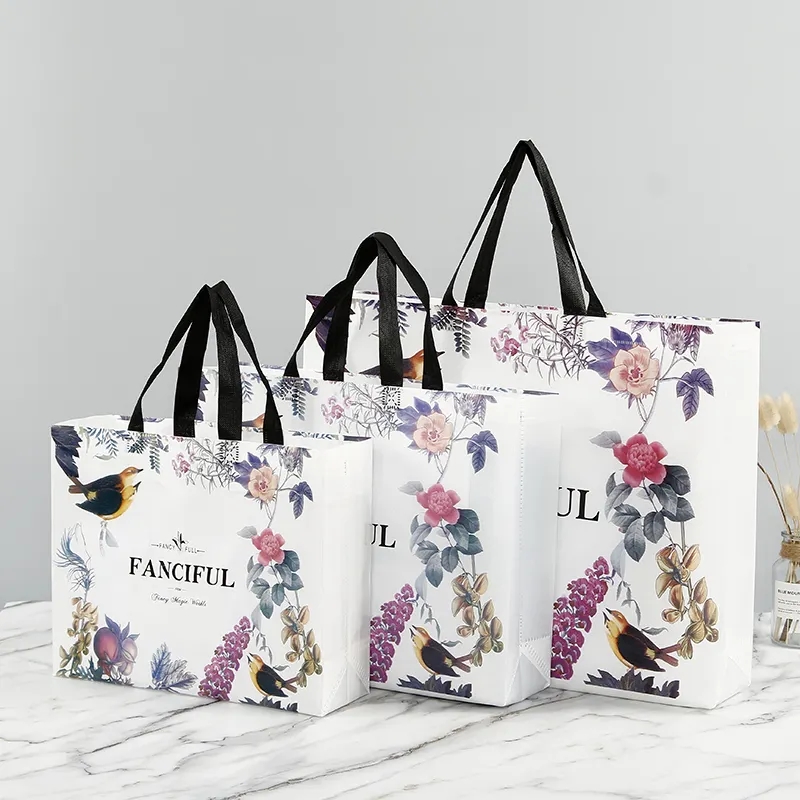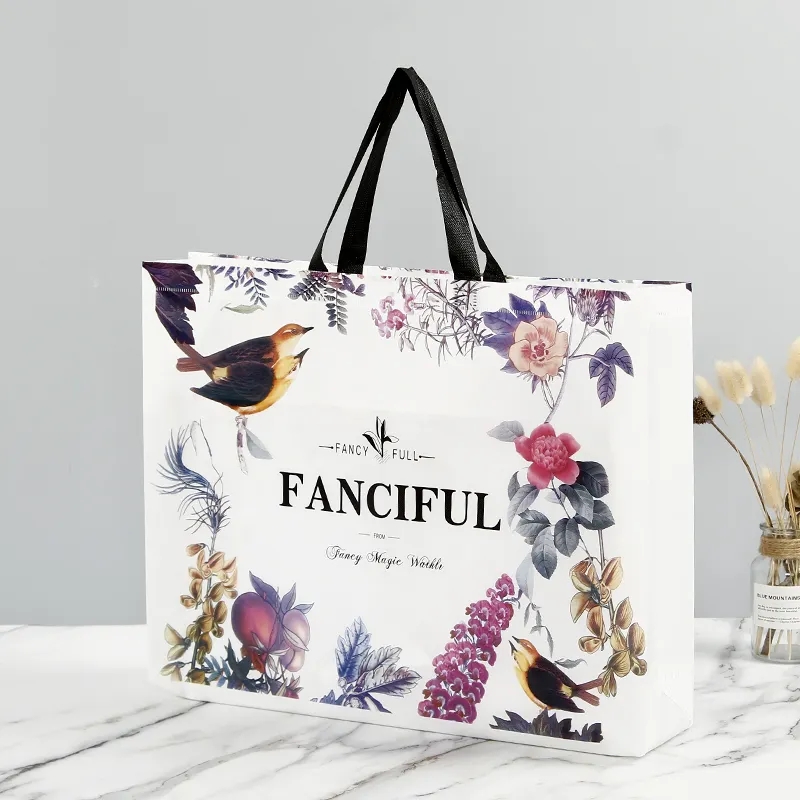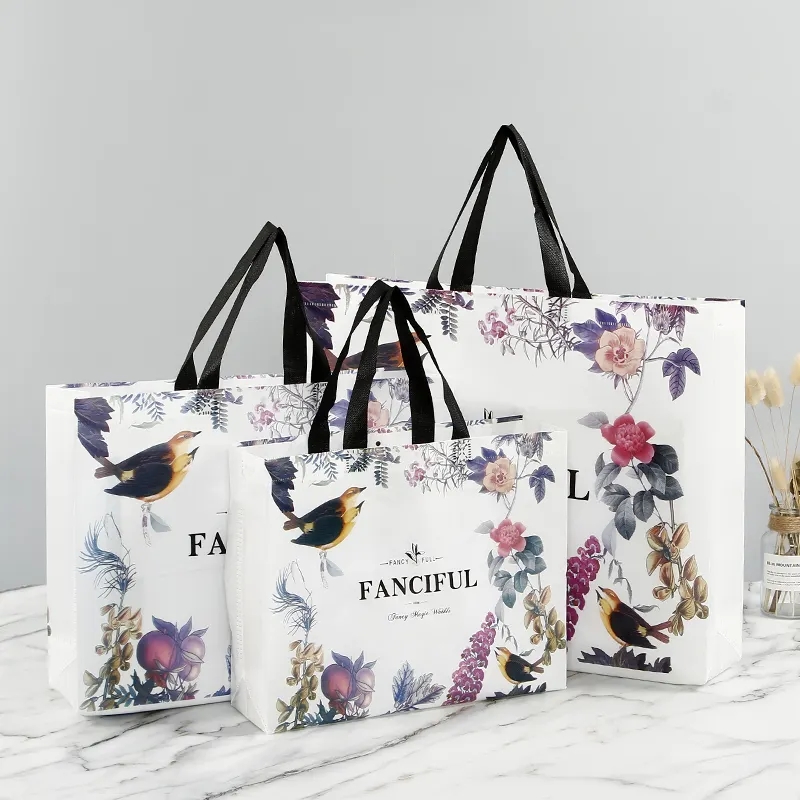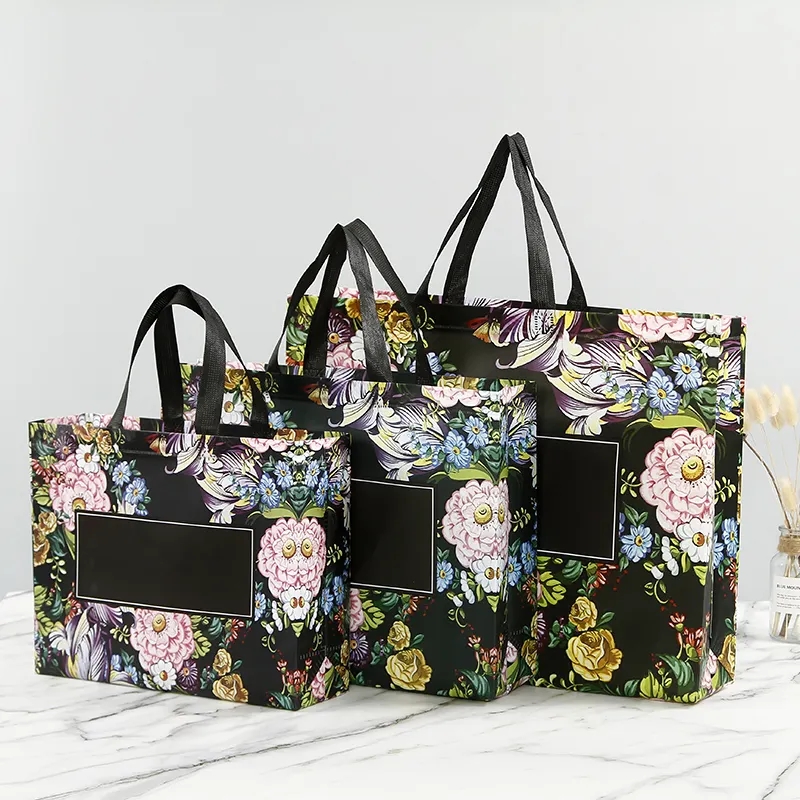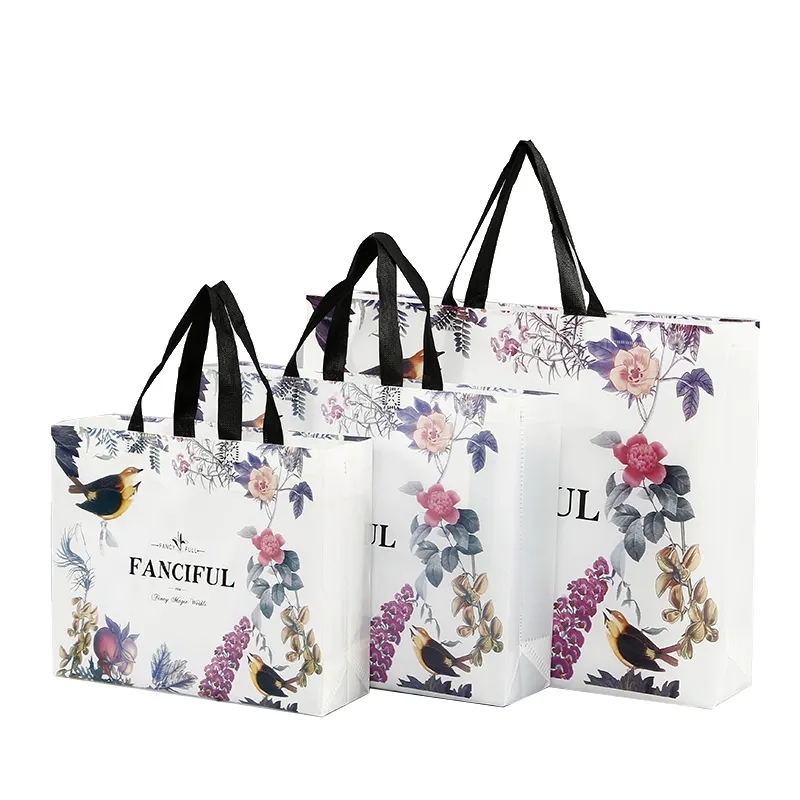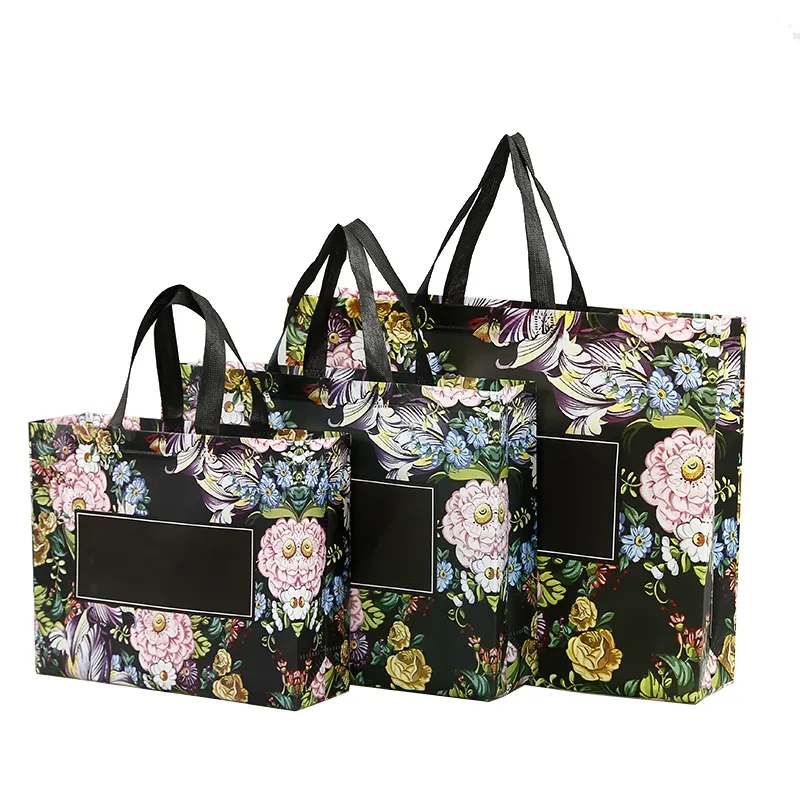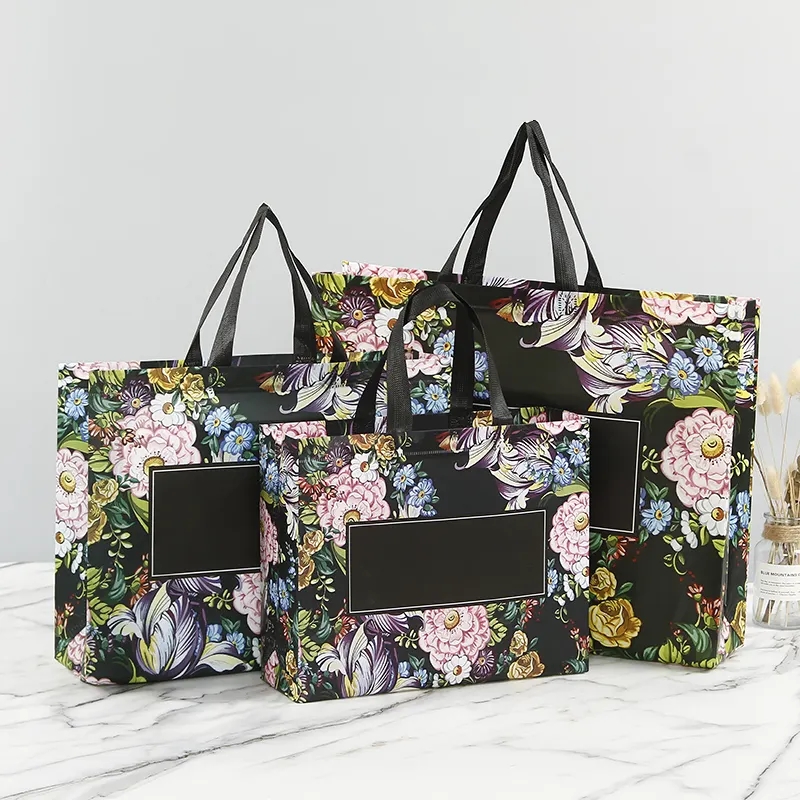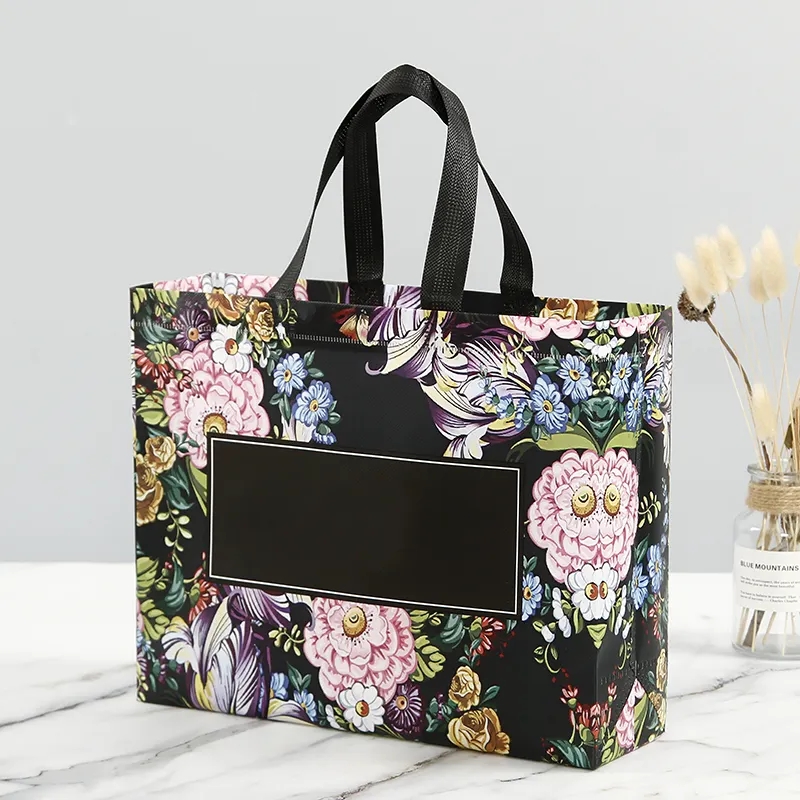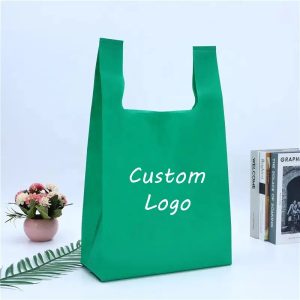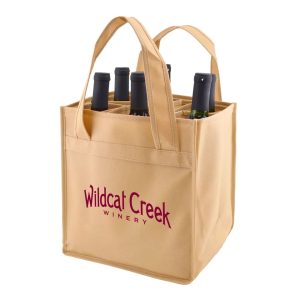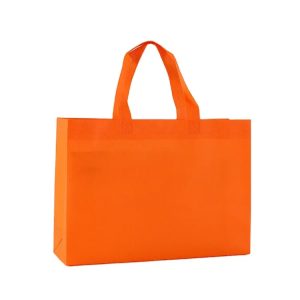Non-Woven Bags: A Green Choice for Packaging Excellence
Introduction: In an era defined by environmental awareness, non-woven bags have emerged as a sustainable force in the packaging domain. This article delves into the compelling advantages of non-woven bags, exploring their environmental benefits, durability, and versatility. Join us on a journey to uncover how these innovative bags are reshaping packaging practices, offering a harmonious blend of eco-friendliness and functionality.
Environmental Guardianship in Fabrication: Non-woven bags champion environmental responsibility from the very start. Crafted from materials like polypropylene, these bags are not only durable but also recyclable. Opting for non-woven bags signifies a commitment to reducing plastic waste and supporting a greener future.
Unyielding Durability for Sustainability: At the heart of non-woven bags lies their exceptional durability. Constructed from strong synthetic fibers, they stand up to the rigors of daily use. By opting for these bags over single-use plastics, we lessen our ecological footprint and promote a culture of sustainability.
Versatility for Every Need: Non-woven bags transcend their utilitarian role, evolving into versatile companions for a multitude of purposes. From carrying groceries to organizing belongings, these bags come in various sizes and designs to cater to diverse needs, making them a dependable choice for different situations.
A Canvas for Brand Expression: For businesses, non-woven bags offer a unique canvas for brand messaging. Customizable with logos and artwork, these bags become walking billboards for eco-conscious brands, allowing them to resonate with environmentally-aware consumers.
Striking a Balance Between Strength and Convenience: Despite their robust build, non-woven bags remain lightweight and easy to carry. This balance between strength and convenience enhances the user experience for shoppers and simplifies logistics for businesses.
Preserving Freshness through Breathable Design: An innate attribute of non-woven bags is their breathability. This trait is especially valuable for items like produce or baked goods, ensuring optimal air circulation that maintains product freshness.
Conclusion: Non-woven bags stand as a testament to the power of sustainable packaging. With their eco-friendly fabrication, durability, and versatile nature, they transcend their utilitarian role to embody conscious choices. As society embraces responsible consumption, non-woven bags provide a tangible way to align packaging needs with the urgency of environmental preservation. By embracing these bags, we propel ourselves toward a future where packaging innovation and sustainability merge seamlessly, shaping a world that values both practicality and the well-being of our planet.
